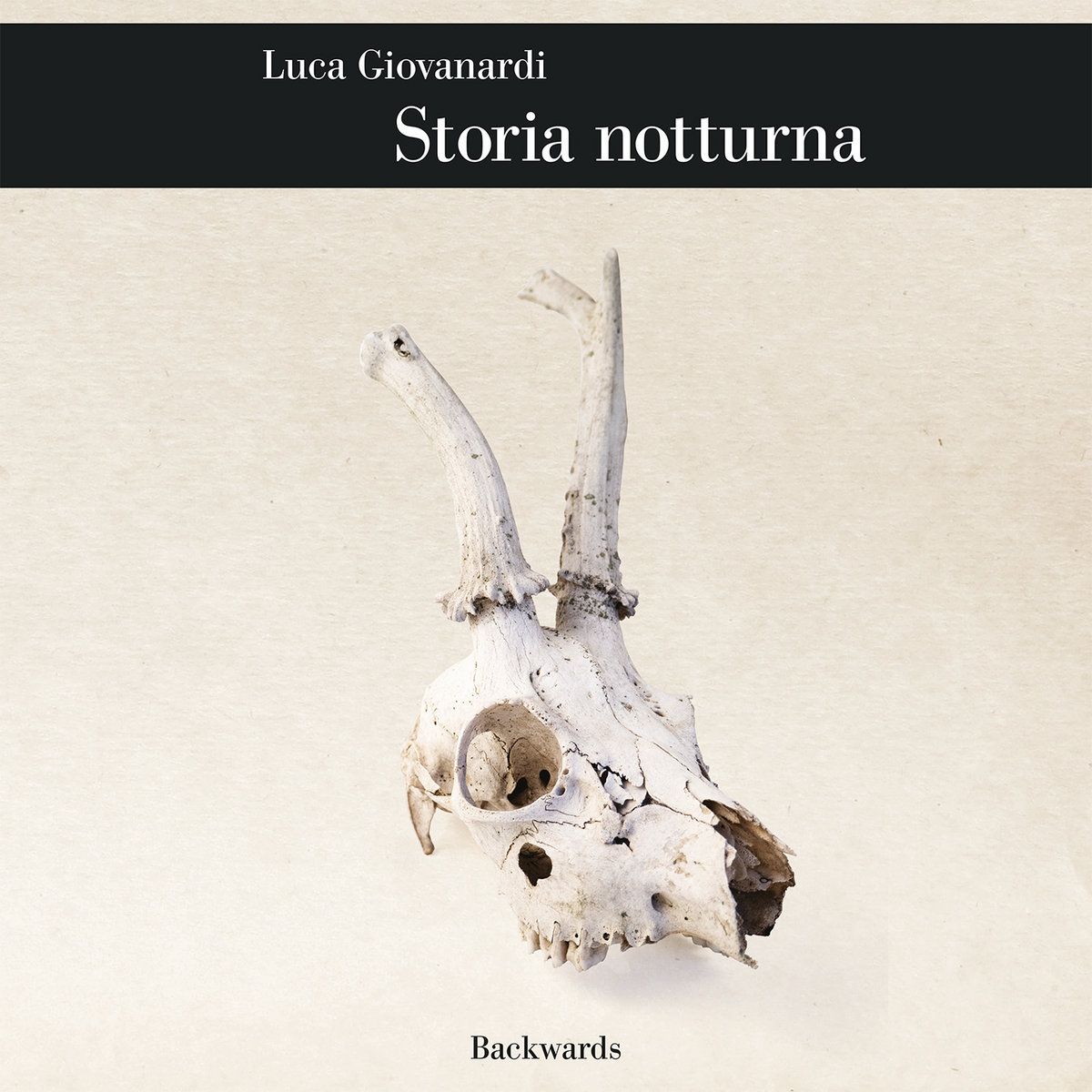Backwards Records bringen gerade eine neue LP des norditalienischen Soundartisten Luca Giovanardi heraus. “Storia Notturna”, die nächstliche Geschichte, überblendet raue, schleppende E-Gitarren, stimmungsvolles Saitenzupfen und wabernde Orgel- und Synthieteppiche mit ritueller Perkussion und verspielten Metallophonklängen zu einer schwer definierbaren und gerade deshalb reizvollen Musik. Inspiriert wurden die vor wenigen Jahren entstandene Arbeiten durch die Beschäftigung des Musikers mit dem Werk des Historikers Carlo Ginzburg und dessen Konzept einer Mikrogeschichte und speziell der Beschäfitigung mit dem im Volksglauben Italiens verankerten Phänomen der Zauberei. Auch der Titel entstammt einem Essay Ginzburgs.Das Album erscheint auf Vinyl und digital.
“Storia Notturna is a collection of music written, produced and recorded mainly in September 2021, but its origins go back in time. As far back as my University studies in the early 90s. For one of the many extra-departmental courses that my study plan in Philosophy allowed, I chose Social History and found myself studying the seminal study by Carlo Ginzburg “I Benandanti: Stregoneria e culti agrari tra Cinquecento e Seicento” (Einaudi, 1966). It was a revelation. Ginzburg started from the analysis of a curious and widely documented Friulian fertility cult to show, on the one hand, how the Catholic inquisition overturned the perspective of the suspects, turning them from enemies of the witches for the defense of the crops into worshippers of the devil and, on the on the other hand, how some of the distinctive aspects of this cult had very ancient origins and, above all, traits common to traditions traceable in an enormous variety of times and places all over the world. In the following years, for pure personal pleasure, I continued to deepen my studies on these topics, and a couple of years ago my bookseller friend (and author of a beautiful book published by Utet) Giovanni Spadaccini got me a copy of the first edition of “Storia Notturna”, an essay from 1989 in which Carlo Ginzburg deepened and expanded the investigation on the themes already treated in I Benandanti. By the end of the book, something clicked in my head. Suddenly some of the many musical tracks that I continuously produce in my studio began to suggest a path that I hadn’t guessed before. I felt the urgency to immediately write and record other songs that would complete the picture that had by now outlined. In a few weeks I had an album, “a tale of Italian psychomagic in music”, as a friend defined it. I’d like to thank Giovanni Spadaccini not only for providing the book, but also for having been the very first listener and critic of my music, immediately followed by my bandmate and lifelong musical companion Nicola Caleffi. Their encouragement convinced me to overcome my chronic indecision, my well-founded self-criticism and to decide to publish this material. Pasquale Lomolino was equally encouraging and happy to release the album through his Backwards label. I’ve played, recorded and produced this music myself, with the help of some contributions from friends and family, often unaware of the use I would make of their voices. I thank them and I hope they’ll forgive me. I know they will”. (Luca Giovanardi)
